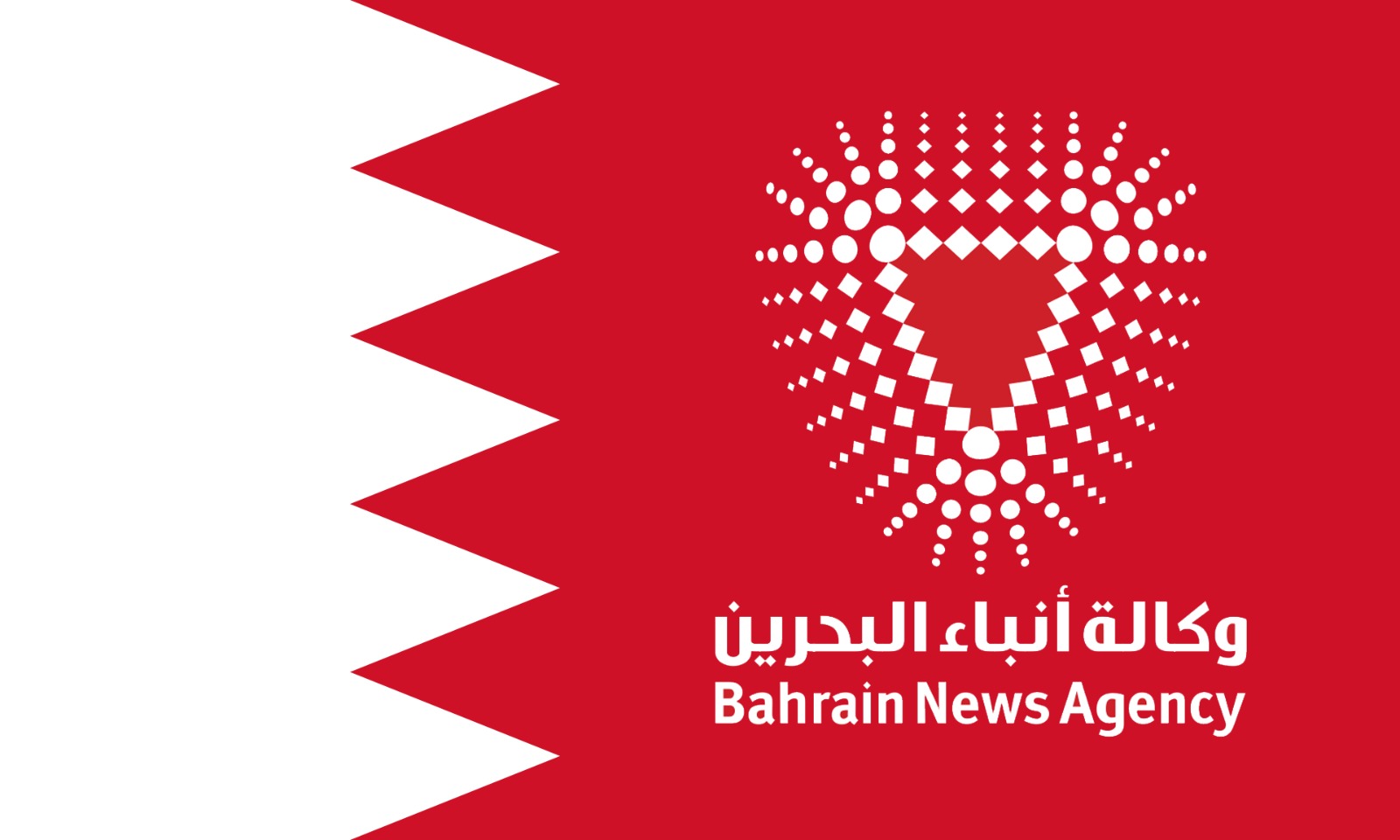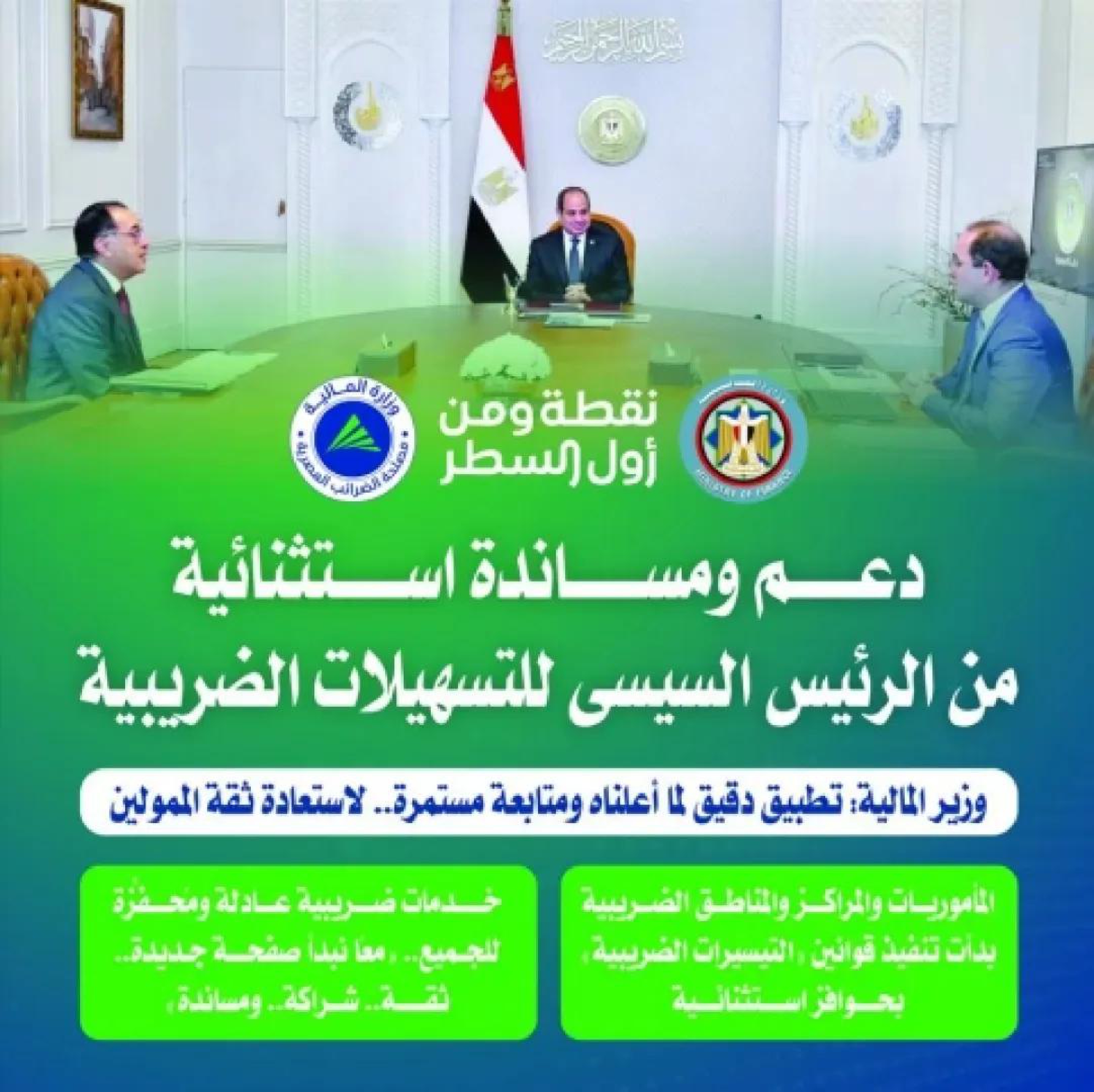ALEXANDRIA, July 14 (MENA) - Prime Minister Mostafa Madbouli on Monday inaugurated the Control and Monitoring Center at the Alexandria Drinking Water Company, an affiliate of the Holding Company for Water and Wastewater, during a visit to Alexandria Governorate.
Madbouli said the center is the first of its kind among affiliated companies, in line with directives from President Abdel Fattah El Sisi.
The project falls within the framework of establishing operations rooms inside companies to manage crises and link them to the National Emergency System and the Unified State Command Center.
It supports the state’s sustainable development plans aimed at providing better services to citizens around the clock, especially during the rainy season.
The prime minister and his accompanying delegation listened to a presentation by Minister of Housing, Utilities and Urban Communities Sheirf El Sherbini about the Control and Monitoring Center of the Alexandria Drinking Water Company.
The minister said the center represents a qualitative leap in the management of water resources and efficient crisis response.
Sherbini also said the center is an advanced model applying modern technology to monitor networks and immediately control breakdowns and interruptions.
Additionally, the center features an electronic monitoring system that links the control centers and critical areas within the governorate to ensure operational integration and speed of response, he added.
For his part, Alexandria Governor Ahmed Khaled said the center serves as one of the executive arms of the main control and monitoring center of Alexandria Governorate. It coordinates with all control centers across various service sectors to unify efforts in crisis management and to quickly resolve citizens’ issues across the governorate.
The operations room receives reports from executive agencies, the governorate’s operations rooms, emergency services, as well as important reports related to the company, said the governor. The center provides round-the-clock telephone communication services and has six main lines dedicated to monitoring and receiving reports.
It also uses the SCADA program to monitor station pressures, a GIS-based network reading program, a specialized laboratory program to ensure water quality and a strategic warehouse management program.
The operations room is equipped with the latest technologies and advanced devices to keep pace with technological developments and achieve the highest levels of efficiency, he added.
It has also been supported with a surveillance camera system to enhance security inside company buildings, according to the governor.
Meanwhile, Chairman and Managing Director of Alexandria Drinking Water Company Ahmed Gaber presented the implementation status, highlighting critical areas and key ongoing and completed projects.
The Company’s chairman said the company works within the framework of the Vision of Egypt 2030, focusing on infrastructure development and operating within a sustainable ecosystem.
He also reviewed the company’s efforts to develop stations, increase production capacity and improve water pressure across networks, along with projects aimed at improving water systems in the governorate while emphasizing rationalization of consumption and reduction of losses.
Gaber also referred to the progress of projects under the presidential “Decent Life” initiative to develop Egyptian rural villages during the period from 2014 to 2024, confirming the company’s leadership in adopting all water safety and security plans for supply systems.
He reviewed performance indicators, adherence to rationalization and governance principles, as well as the strategic plan and future projects targeted through 2050.
Separately, the Chairman and Managing Director of Alexandria Sewerage Company Mahmoud Nafea, presented the company’s capabilities and efforts to improve performance.
The number of lifting stations increased to 183 stations this year, compared to 141 stations in 2015. Moreover, the number of treatment plants rose to 21 this year, compared to 15 in 2015, and current coverage reached more than 92%, Nafea said.
He also referred to the projects under the urgent plan for the governorate’s sewerage system, noting that 73 stations have been supplied and installed out of a total of 82 stations.
Additionally, five gravity network and force main projects have been completed out of six planned projects, Nafea said.
He reviewed the strategic plan and comprehensive preparations for the rainy season, alongside preventive measures to address extreme climate changes and ensure full readiness.
Nafea also presented the company’s achievements in renewable energy and measures supporting the New Delta project, as well as the company's future vision.
Meantime, the prime minister also inspected the Mobile Crisis Management Unit, whose tasks include handling reports from different operations rooms, issuing necessary work permits, monitoring water quality, receiving operational data from stations and monitoring security conditions at the stations. This unit is also distinguished by its on-the-ground presence, allowing it to conduct internal follow-up, field monitoring, and early warning. (MENA)
S A S/M S H
OPEN// PM inaugurates Control, Monitoring Center at Alexandria Drinking Water Company
مصر/Cabinet/Local
You have unlimited quota for this service





 ar
ar en
en fr
fr






